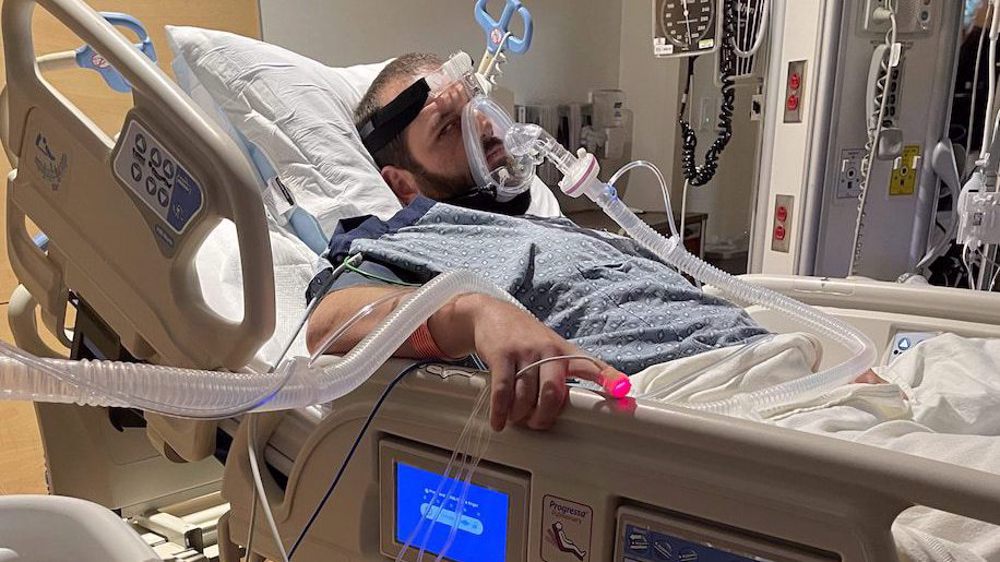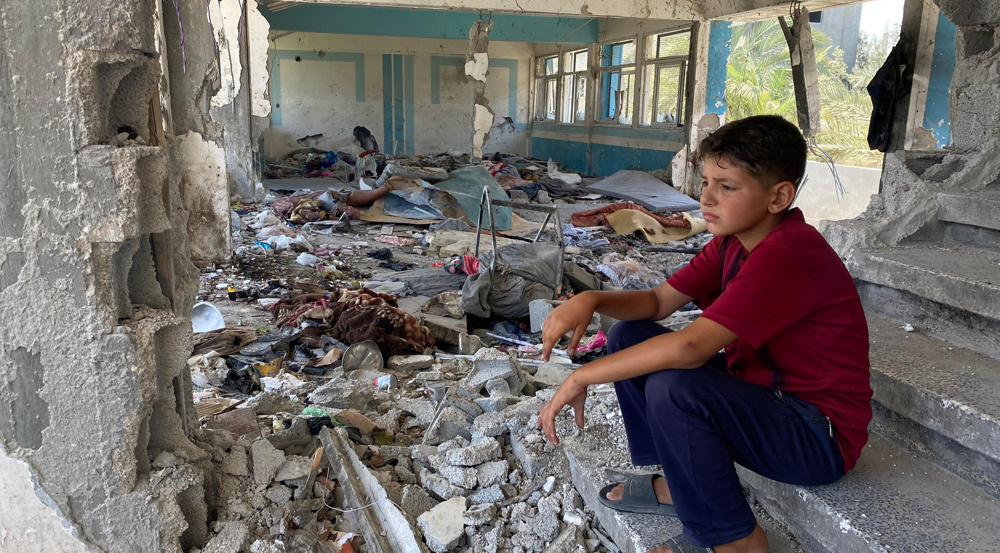US hospitals turning down unvaccinated patients waitlisted for organ transplants
Hospitals across the United States are increasingly denying organ transplants to patients who have not been vaccinated against COVID-19.
Last week, Brigham and Women's Hospital in Boston took a patient off its list of heart transplants because he had refused to receive a vaccine. DJ Ferguson had been at the front of the line to receive a transplant.
DJ’s father, David Ferguson, said the vaccine goes against his son's "basic principles, he doesn't believe in it."
“Given the shortage of available organs, we do everything we can to ensure that a patient who receives a transplanted organ has the greatest chance of survival,” the hospital said in a statement.
This week, a man in North Carolina was also turned down for a kidney transplant because he was unvaccinated, despite the fact that his kidneys are functioning at just 4 percent.
“There is not a situation in this world that I’ll get a vaccine,” Chad Carswell, 38, told The Washington Post. “If I’m laying on my deathbed, and they tell me, ‘You have a kidney waiting on you if you get this shot,’ I’ll tell them, ‘I’ll see you on the other side.’”
Carswell has suffered from severe kidney disease for years and went on dialysis in July 2020.
Carswell has been searching for a kidney for months. But it was not until an appointment about three weeks ago that a doctor told him he needed to be fully vaccinated against COVID-19 in order to be eligible for a transplant.
The hospital Atrium Health Wake Forest Baptist said in a statement that it was following vaccine policy.
“We understand that some patients may not wish to be vaccinated. In this case, patients can opt to be evaluated at another transplant center,” the statement read.
Hospitals in other states have made similar moves, such as the Cleveland Clinic and the University of Colorado Hospital.
The American Society of Transplantation Infectious Diseases Community of Practice recommends that “all transplant candidates and their household members should have completed the full complement of recommended vaccinations,” and that includes vaccines for COVID-19.
Because of a shortage of organ supplies, hospitals say they want to make sure that recipients have the highest likelihood of surviving after surgery.
“The entire transplant evaluation process, which can be very long and very demanding, is about making sure patients are in the best physical, mental, and social condition to endure a transplant, and then all the downstream effects of transplantation,” said Olivia Kates, an infectious disease specialist at John Hopkins.
A patient's immune system becomes extremely compromised following an organ transplant and even a common cold can prove fatal, experts say.
Yemen strikes US aircraft carrier in Red Sea as Israel hits Yemeni targets
Los Angeles under siege: Looters, thieves targeting evacuation zones in fire-wracked city
Most of Israeli captives in northern Gaza 'missing' after heavy bombardment: Hamas
In pursuit of justice: Israeli soldier accused of war crimes submitted to Swedish court
Iran to soon unveil advanced drone, missile cities: IRGC chief
California's fires reminiscent of Israeli savagery in Gaza: Zarif
VIDEO | Press TV's news headlines
Israeli ministers discuss plot to divide Syria: Report











 This makes it easy to access the Press TV website
This makes it easy to access the Press TV website